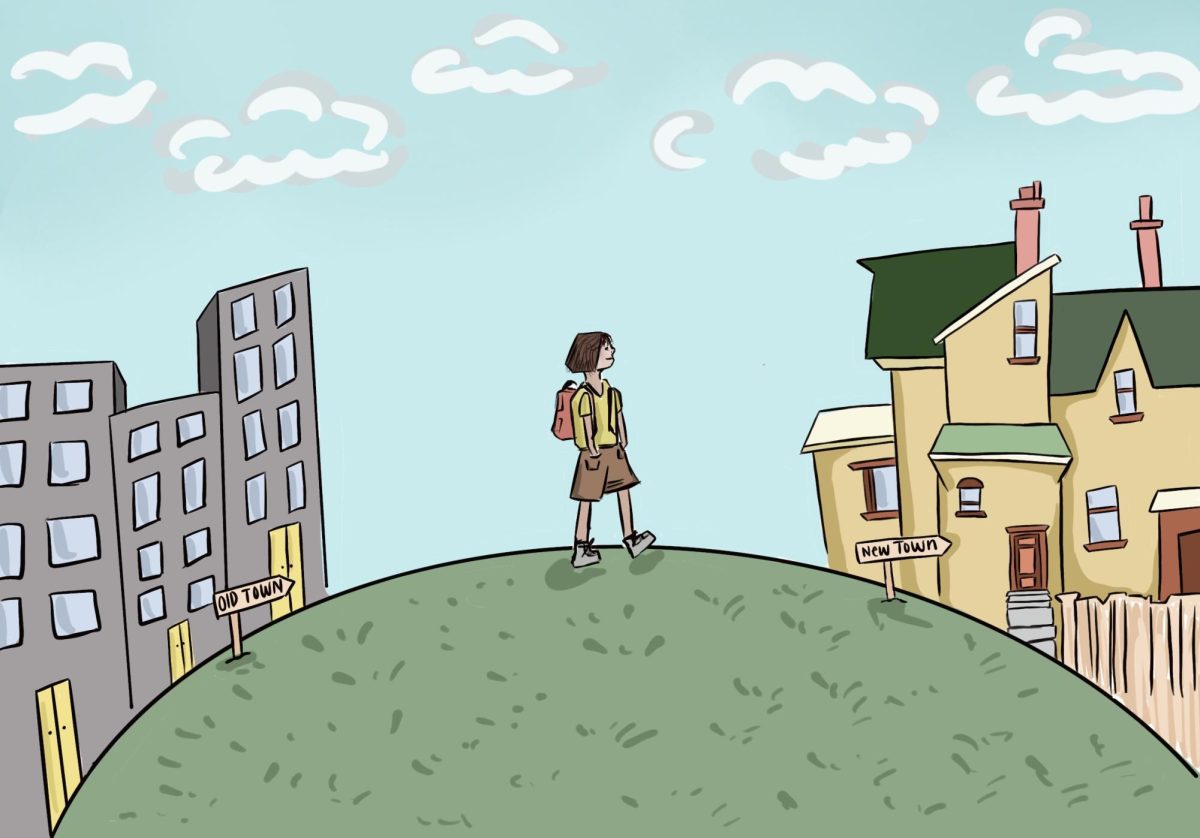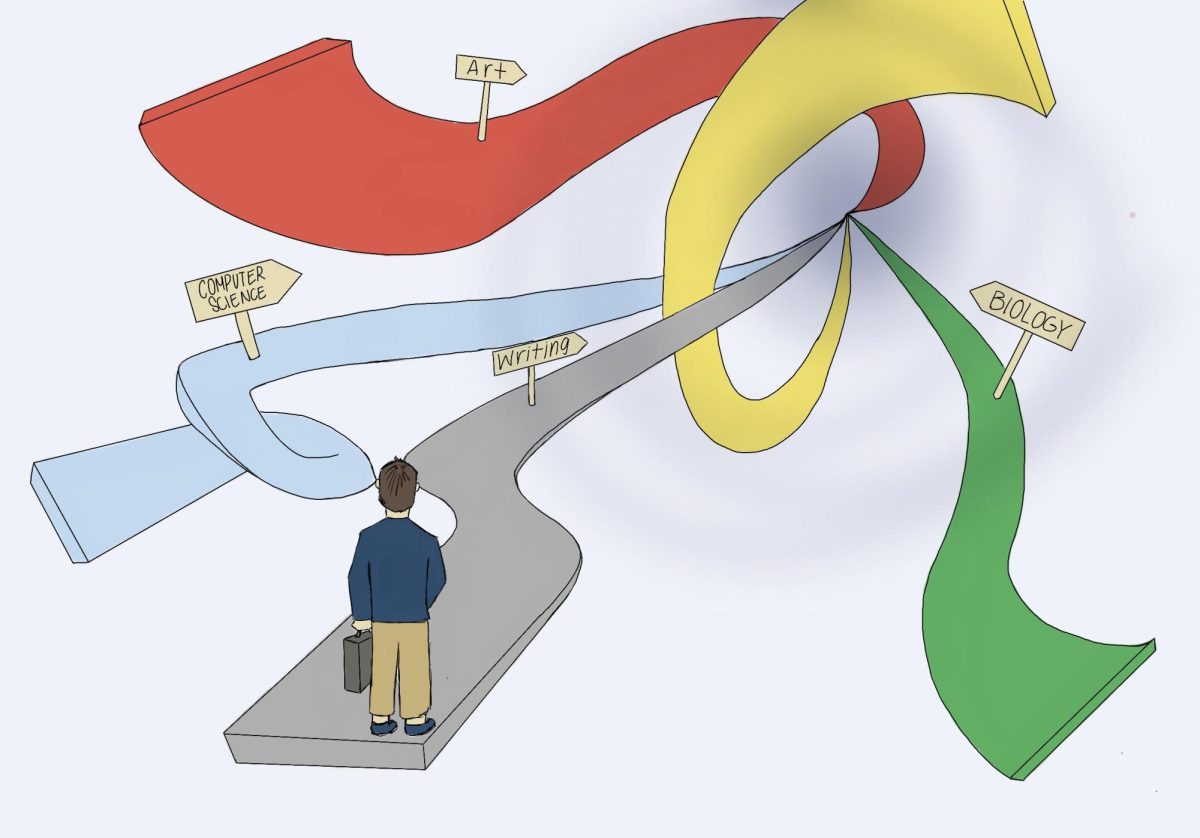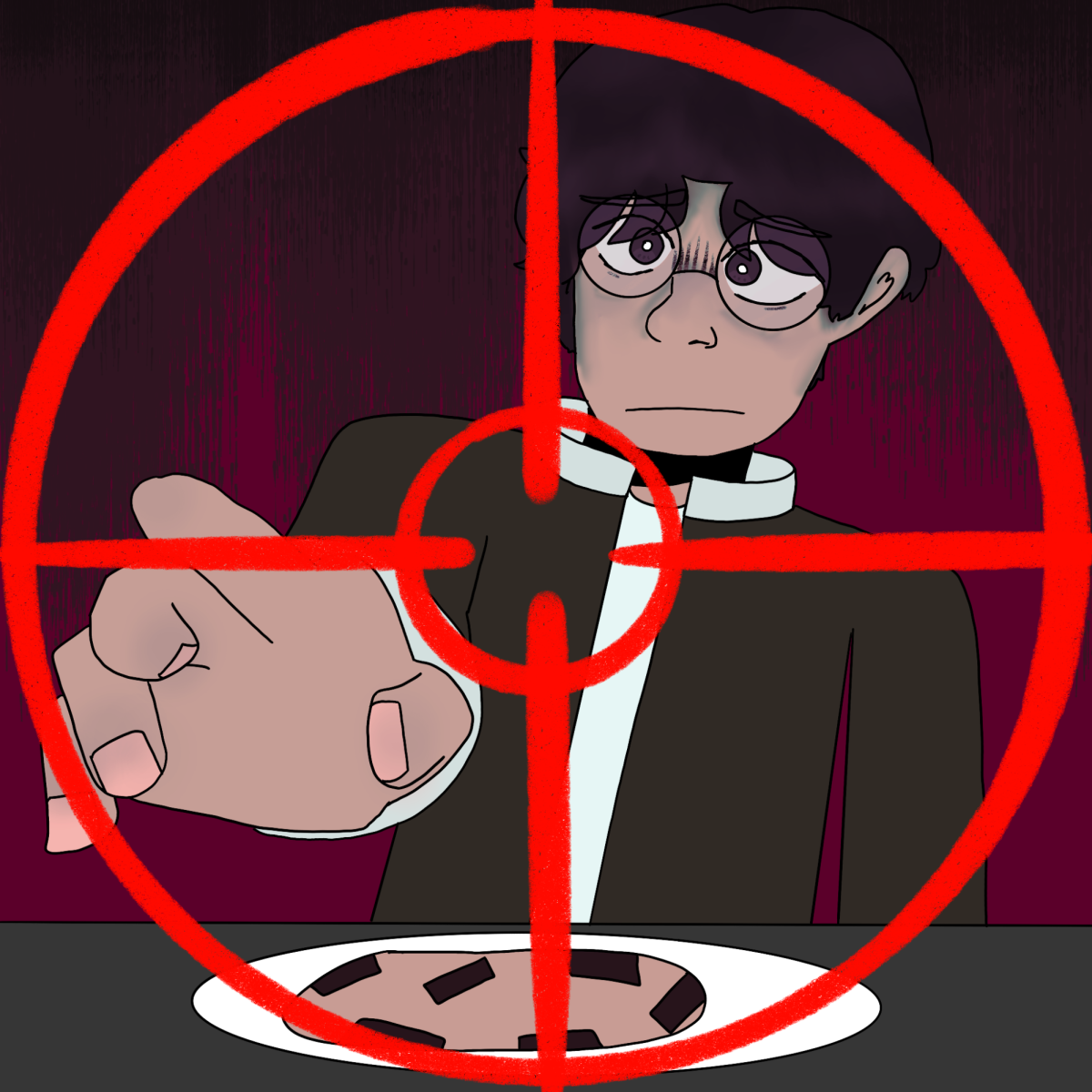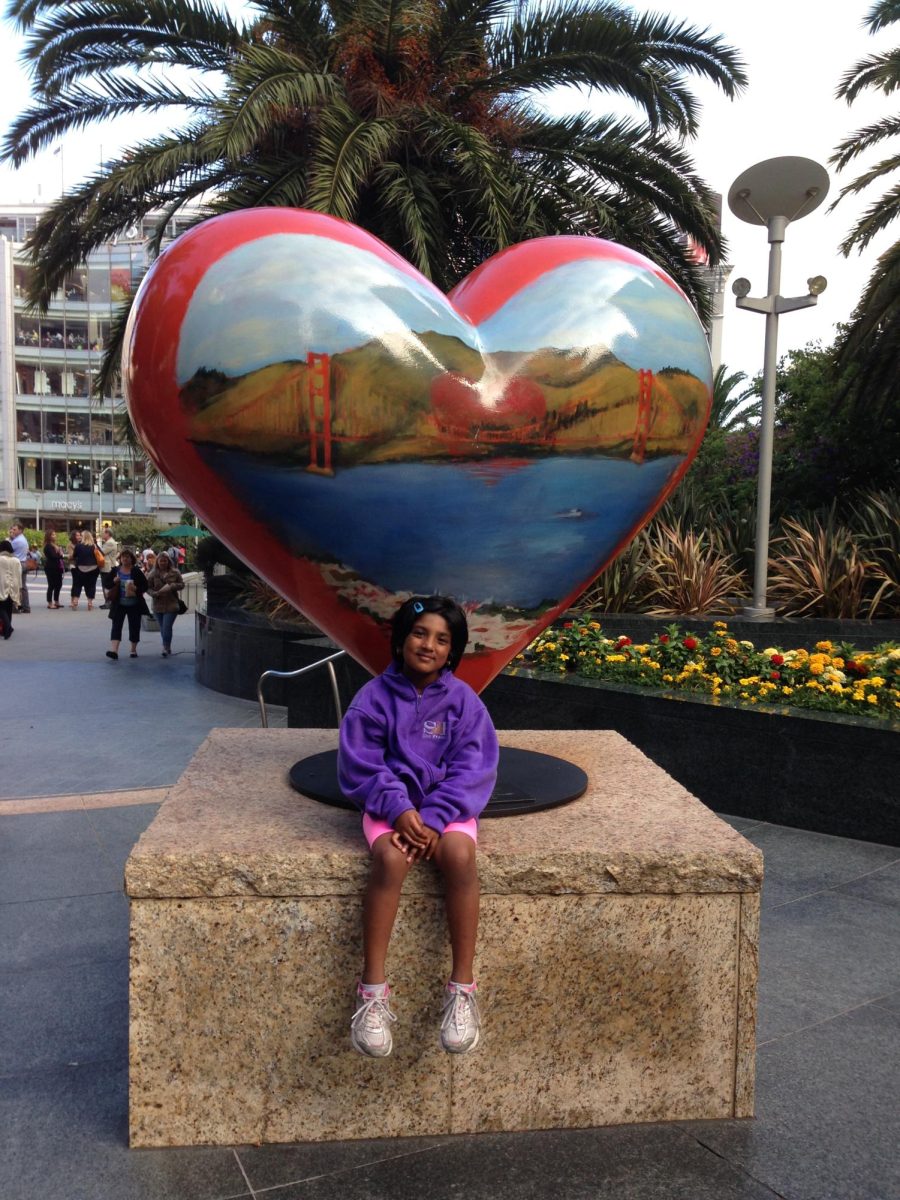On the first day of freshman year, I walked to school alone. Shouldering my old backpack, intimidated, I climbed the steps. Around me, my fellow freshmen swarmed, reuniting joyously with their friends from middle school. I walked past them silently to my class. The only person in the school whose name I knew was my counselor.
Flash forward to the last day of school. I waved goodbye to my new friends. “Text me over the summer!” someone shouted as she ran toward her mom’s car. I had just exchanged thank-yous and pledges to visit next year with my teachers. Not only was I ready to handle the next year in school– I was excited.
I’m not alone among DV students in having moved to a new place in my school years. Many have moved to another country or continent, an experience I don’t share. However, I’ve lived in three different states and six different houses; in total, that’s six first days of school where I knew almost nobody.
It wasn’t fun. Yet, in the long run, these stressful and trying situations were… good for me?
Starting over in a new location for a young person is easier with intrapersonal strength, defined generally as skills for adaptability and self-development. According to a study in the Australian Journal of Education, this factor leads us to adjust faster to our new communities with fewer adverse effects. But it could be self-reinforcing, too.
It’s hard to feel like you have to rebuild your entire life. Yet, not to be a downer, but that’s probably going to happen again. “Resilience” is a psychological buzzword, but one that applies in this instance. Weathering storms means you’re ready to weather more; while that idea may be gloomy to some people, I find it reassuring.
That’s not all, though. In our decade, especially post-COVID, the world’s digital ties are stronger than ever before. It’s possible to keep in touch with your friends and family from where you used to live. Though these can’t replace in-person interactions, you can still build positive experiences. Some of the most enjoyable calls in my life have been with my middle school friend– they still live on the East Coast, but we chat constantly! Uniquely, you can have a friend group that spans the continent or the entire globe. That’s something worth bragging about.
Trying to find new friends and rebuild a community around yourself can seem like a lot, so it helps to have a starting point. Look into local clubs and meetups for your hobbies (bonus: easy icebreaker questions!). If breaking into an existing friend group seems too intimidating, build your own. Plenty of very cool people will be new like you and looking for someone to hang out with. The opportunity to start over means your relationships won’t grow stagnant, something a lot of people would be jealous to experience!
A number of studies associate moving, frequently or ever, with adverse childhood development and mental health struggles. These studies tend to focus on specific age groups, though, which rarely include adolescents. A 15-year-old will adapt better than an 8-year-old. The research also generalizes moving for any cause, such as children who lost a parent or became homeless, rarer circumstances than, say, moving for a parent’s new job. Not everyone who moves will suffer deeply, in fact, most will be fine.
Being able to relocate and start anew are good skills for the future as well. One in five students goes out of state for university, and 75% overall no longer live at home with their parents. If you already have experience meeting new people in a new place, you’ll have a leg up. I, for one, am less nervous about college in a few years, knowing that I will be able to make friends and acquaintances quickly. After all, I’ve done it before!
Students who don’t plan on attending college will still wind up leaving home sometime in their lives. The knack for seeking out companions, navigating new locations, and learning the rules and rhythms of your current home comes in handy for any of us.
So, if you’re one of us who had to uproot our lives and sprout new shoots somewhere else, take a moment to reconsider its impact on you. Did this event weaken you? Did it ruin your childhood and social connections? Or does it just prove that you can bloom anywhere?








